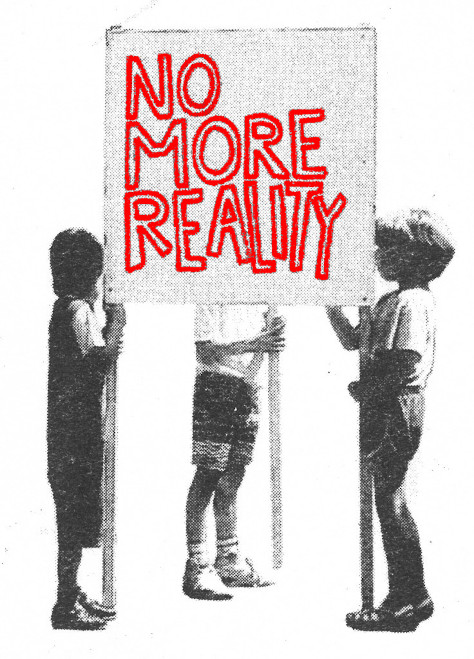The Substance of Sustainability is a series of long-read articles in which I search for better ways to think and talk about sustainability. You can read the pieces below, on Substack or on Medium. Narrated versions of these articles are also available as a podcast.
You can subscribe on Substack if you want to be notified when new episodes in this series are published:
Beyond Optimists and Pessimists
Looking for Better Stories on Sustainability
Published May 2024, here and on Substack.

This is the first article in a series, in which I look for better stories on sustainability. In this introduction, I talk about stories as models of the world. The current stories we tell ourselves and each other about sustainability are usually oversimplified. Most tend to revolve around either technical solutions, or around a kind of modern romanticism. Yet others focus on a fatalistic or urgent sense of impending doom. I think that we can do better than having to choose between technological optimism or environmental pessimism.
Read the full article or a summary, or listen to a narrated version on Youtube, Spotify or Apple Podcasts.
This article is also available as PDF or ebook (EPUB and Kindle) for offline reading.
Entwined
Matters of Complexity
Published June 2024, here and on Substack.

In this second article we examine the subject of complex systems, and what complexity means for scientific understanding, predictability and the possibilities of control. Since the 17th century, our thinking has been increasingly influenced by the concept of “the machine”. Machines are built to be optimised and controlled. But it turns out that most of our world is very unlike a machine.
Read the full article or a summary, or listen to a narrated version on Youtube, Spotify and Apple Podcasts.
This article is also available as PDF or ebook (EPUB and Kindle) for offline reading.
Hairballs & Loops
Why understanding the real world is important (but not easy)
Published October 2024, here and on Substack.

In this third episode we continue on the subject of complexity. We look at how we understand the world in terms of cause-and-effect stories. Causal loops or “feedbacks” can make complex systems harder to understand, but also more robust and more effective. The problem is that we easily get lost in the details of complex systems, while not all details matter.
Read the full article, or listen to a narrated version on Youtube, Spotify and Apple Podcasts.
Why you may find this text boring
How stories and feelings dominate over facts
Published June 2025, here and on Substack.

In this episode we address the ways in which we think. We humans often behave in ways that are “irrational”, and this underlies many of our collective problems. Using some of the underlying neuroscience, I will show that this is not because we are badly informed or incapable of thinking about long-term consequences. Rather, what we consider “rational” thinking isn’t our default mode (and also it is hard, and it isn’t all that rational). Instead, most of our “thinking” is unconscious, and our conscious thinking is driven more by stories and feelings than by facts.
Read the full article, or listen to a narrated version on Youtube, Spotify and Apple Podcasts.
The Future is Fiction
On Progress, Decline and the need for active Hope
To be published in early 2026.
